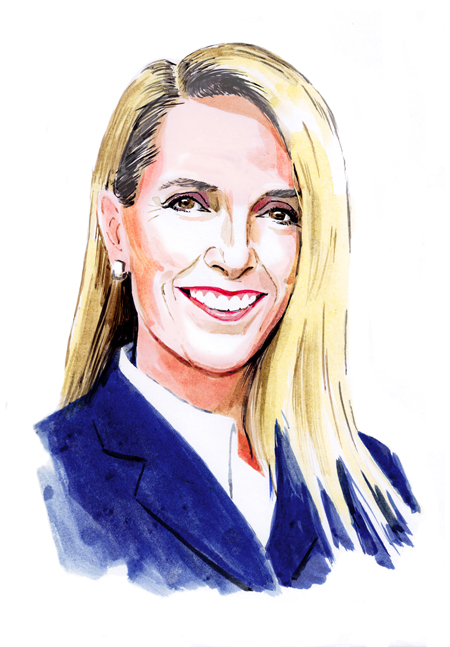
Portrait by Dan Williams
If I had to name the most common request we receive at the In Trust Center, it would undoubtedly be centered around the experiences of other schools and how they are responding. Specifically, executive and board leaders seek insight into how issues are addressed, what steps are taken, and which processes are used. They ask for templates, roadmaps, best practices, and policies – not merely for curiosity, but for deeper understanding of how others have traveled the path and emerged from the forest. We are grateful for these requests, which provide opportunities for connection and community learning.
Let me share three ways you can draw insights from the terrain that your peers have navigated.
Curated Stories
The Pathways for Tomorrow coordination program (led by the Association of Theological Schools and the In Trust Center) has curated a library of resources, experiential stories, and research findings that reveal successful strategies, hidden barriers, and challenges. These provide learning and a foundation of support for those who wish to pursue the newly announced round of Pathways grants (see p.5). Through the generosity of Lilly Endowment Inc., new opportunities for eligible schools are available for individual school implementation grants, including assessment and planning grants, as well as large-scale collaborative grant endeavors.
Study Findings
Curious about the current state of advisory and governing boards in theological education? In the autumn issue, we shared a few high-level findings from our quantitative study. More than 70% of ATS-accredited schools participated; we continue to analyze data on board composition, demographics, structure, and practices. These insights are informing a qualitative study, which launches this year. If you are interested in where your school is situated on the continuum, how your practices align (or diverge), and what trends you should consider, let us know.
Essential Resources
Our team created a suite of new resources based on our experiences working with boards and our team of consultants, including documents, guides, and templates that share wise practices, topical guidance, and recommended discussion questions for contextualization. This newly launched series focuses on the core essentials of board work.
As you begin this year, what other insights would you benefit from? Email us at resources@intrust.org.
May the year ahead be full of blessings and new opportunities to learn with and from others.
Amy L. Kardash, President